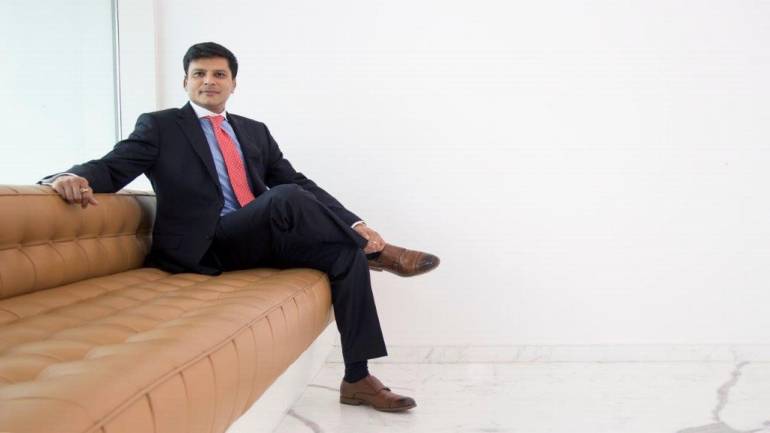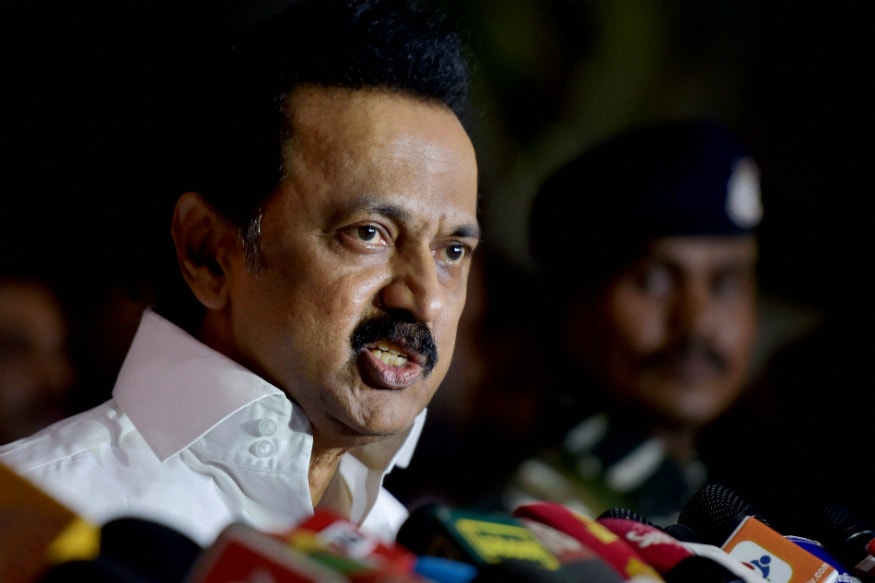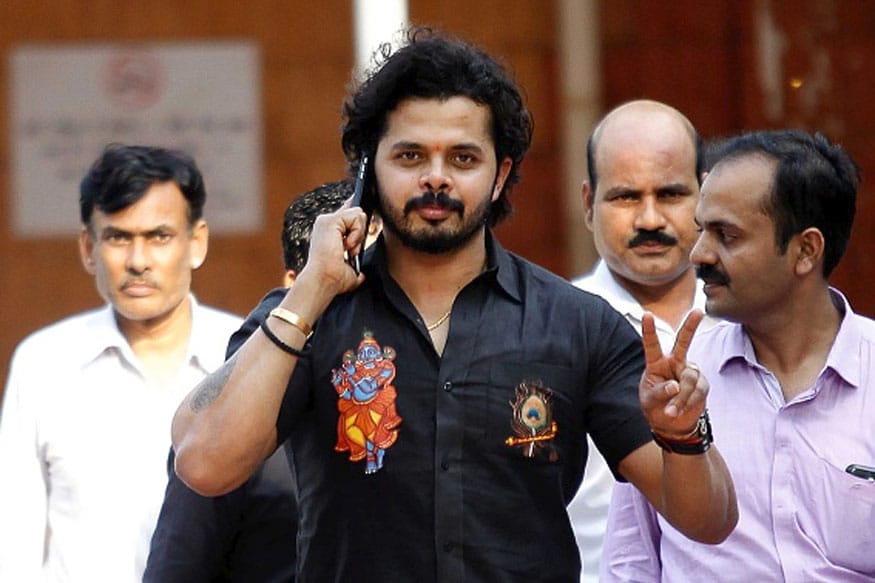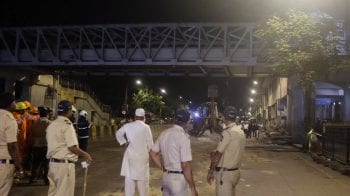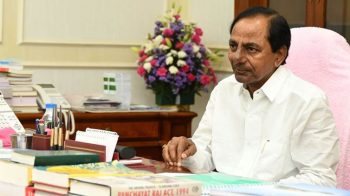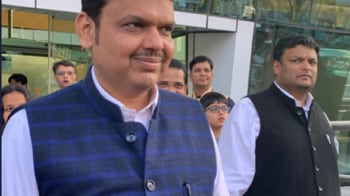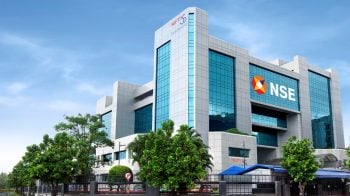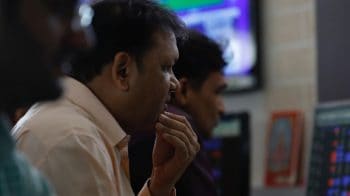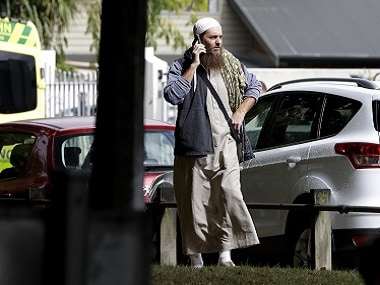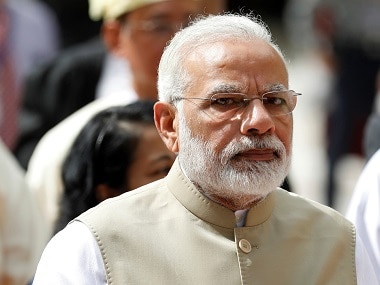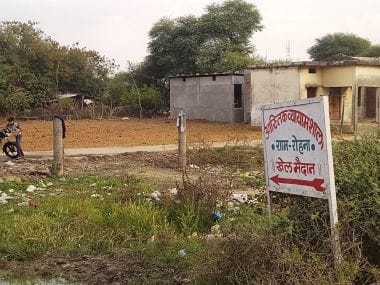The company is said to be eyeing assets in the power sector, both within and outside the insolvency courts
The '90 seconds moment' hasn't come, says Prashant Jain with a smile, as he talks about the power sector ambitions of JSW Energy that he is manning.
The company generates 4,531 MW a year and is the fourth largest in the country. Tata Power, Adani Power and Reliance Power make up for the top three.
The JSW Steel Group-firm has shown interest in acquiring some of the assets in the sector, and this will be crucial to gain ground and challenge its top three peers.
But Jain, JSW Energy's Joint MD and CEO, is not in a hurry to press that deal button.
"There are a few variables that still have to fall in place. Once that happens, we can take a call," says Jain, sitting in the second floor meeting room at the group headquarters in Mumbai.
That would be the right moment to put to practice the 90 seconds test, which Jain swears by. "I take 99 percent of the decisions in 90 seconds. The answer has to be that obvious. For rest of the one percent of the decisions, I leave them," says the 47-year-old.
The test has kept him in good stead, and Jain would hope to continue that, especially given the comfortable seat that JSW Energy occupies. While most of its peers are struggling to repay debts, and some have reached the insolvency courts, the company has a comfortable cash position and its debt-to-equity ratio is less than one. A rating less than one is considered prudent.
In contrast to the financial health of the companies, the industry continues to have a positive outlook, growing at nearly seven percent a year, and demand is coming back on the back of slow capacity addition.
These conditions make it a good time to take out that shopping bag, and Jain accepts that JSW Energy would want to play an 'active role' in the industry's consolidation. But there are a few conditions.
The company will not veer away from some of its basic criteria to make an acquisition -- the cost of production of power should be low, and it wants to focus on companies that have long-term power purchasing agreements.
Jain is tight-lipped on the assets he is eyeing. But underlines, "We want to create value for all our stakeholders and thus we don't want to hurry, but want to follow the process. If we had wanted, we could have taken a plunge and then faced the odds one by one. But we don't want to do that."
Learning as an investorJain's patience comes from experience. In 2000, about five years into his stint at JSW Steel's Tarapur unit, he over-leveraged himself while investing in the stock market.
"I had to break my personal savings," recalls Jain, who had been fascinated with the financial markets since his mechanical engineering days in Agra. The Meerut-born Jain had in fact used his savings, after landing a job at DCM Shriram Industries, to invest in an initial public offering (IPO).
While that investment had paid off, this one in 2000, brought him close to bankruptcy. "I learnt a lesson. One, to do my homework thoroughly. And second, never to over leverage myself," says Jain, who shifted from Tarapur to Mumbai, when JSW Steel Group Chairman Sajjan Jindal picked him to be his Executive Assistant.
Jain has put that learning to use. Now he studies balance sheets of companies for up to six months before taking a decision to invest in a stock. Sundays are spent going through annual reports. And he is equally careful when to cash in. "There are stocks that I have held on since 2010," says Jain.
The professional has also picked up tips from Jindal, whom Jain considers his mentor. During his initial days as Jindal's Executive Assistant, Jain couldn't cope up with his boss' penchant for numbers. "Jindal could reel off numbers from memories, so I spent time mugging up tables to catch up," he quipped.
Apart from the mental rigour, Jain follows Jindal's lead in being physically agile too. He spends an hour at the gym on weekdays, and extends them by another 30 minutes on weekends. "I do a 90 kg dead lift (a weight training exercise). But Jindal does 110 kg," he adds.
Looking aheadIt is tempting to draw parallels between a dead lift, which needs a balance between physical prowess and willpower, to managing a power business. There are a lot of variables here too -- raw material prices, project timelines and demand-supply dynamics -- to name just a few.Inorganic growth adds one more layer to it.
JSW Energy is not new to this. It had acquired and successfully integrated two power projects from Jaypee Group-company, Jaiprakash Power Ventures. At the same time, it also terminated a deal with the same company -- a thermal plant in Bina -- after the seller didn't meet conditions in the sale agreement.
The cautious stance was also visible in group flagship JSW Steel's strategy for distressed assets in the steel sector. The company was in fray for Bhushan Steel, but didn't go overboard in its bid after squaring off with Tata Steel, which eventually bought the firm.
Thus, the guarded position comes from the same corporate culture. And Jain, who has been with the Group since 1995, is in sync. "The process is important. We are not being emotional about it." says Jain with a smile.









